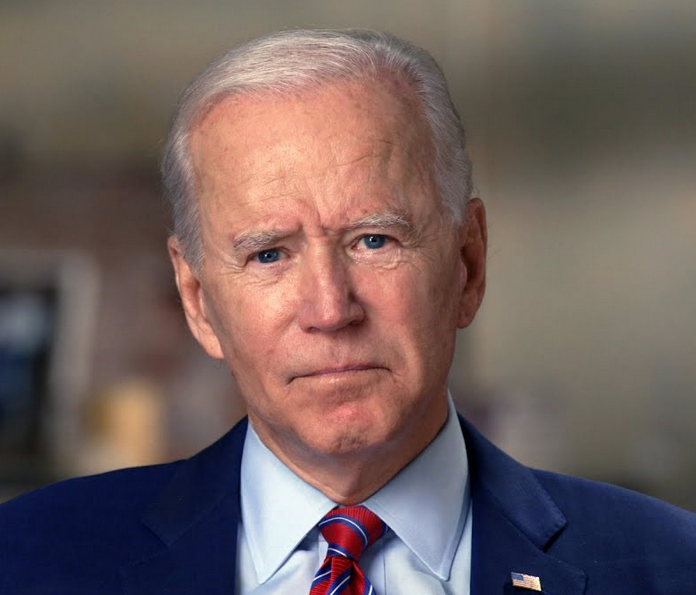In a startling turn of events, a recent investigation by the House Subcommittee on the Weaponization of the Federal Government has exposed an alleged collaboration between the Biden administration and Amazon, leading to the censorship of books critical of Covid-19 vaccines.
Chairman Jim Jordan, in a revelation that has sent shockwaves through the political landscape, disclosed the findings during a press conference. The details, drawn from never-before-released internal emails subpoenaed by the Judiciary Committee, shed light on a concerning level of influence exerted by the White House on the retail giant.
“Never-before-released internal emails subpoenaed by [Judiciary Committee] reveal that the Biden White House pressured Amazon to censor books that expressed views the White House did not approve of,” Jordan wrote in a statement.
THE AMAZON FILES – “feeling pressure from the White House”
Internal docs subpoenaed by @JudiciaryGOP & @Weaponization indicate that @amazon bowed down to Biden White House pressure to censor BOOKS.
? Thread:
— Rep. Jim Jordan (@Jim_Jordan) February 5, 2024
The heart of the matter lies in the Biden administration allegedly urging Amazon to remove books that presented dissenting views on Covid-19 vaccines. This revelation raises questions about the delicate balance between freedom of expression and government influence on private entities.
As the controversy unfolds, the public is left grappling with the implications of such interference in the realm of information dissemination. The House Subcommittee’s investigation adds fuel to the ongoing debate over the influence governments should exert on private corporations in shaping public discourse.
This episode also underscores the broader challenge of navigating the boundaries of free speech, especially when it collides with public health interests. The scrutiny on Amazon’s role in this affair opens a dialogue on the responsibility of major platforms in maintaining a diverse range of perspectives.
In conclusion, the intersection of politics, technology, and free speech takes center stage as the revelations surrounding Amazon’s book censorship unfold. The delicate dance between government pressure and corporate responsibility raises critical questions about the future of information accessibility and the need for transparency in such dealings.

